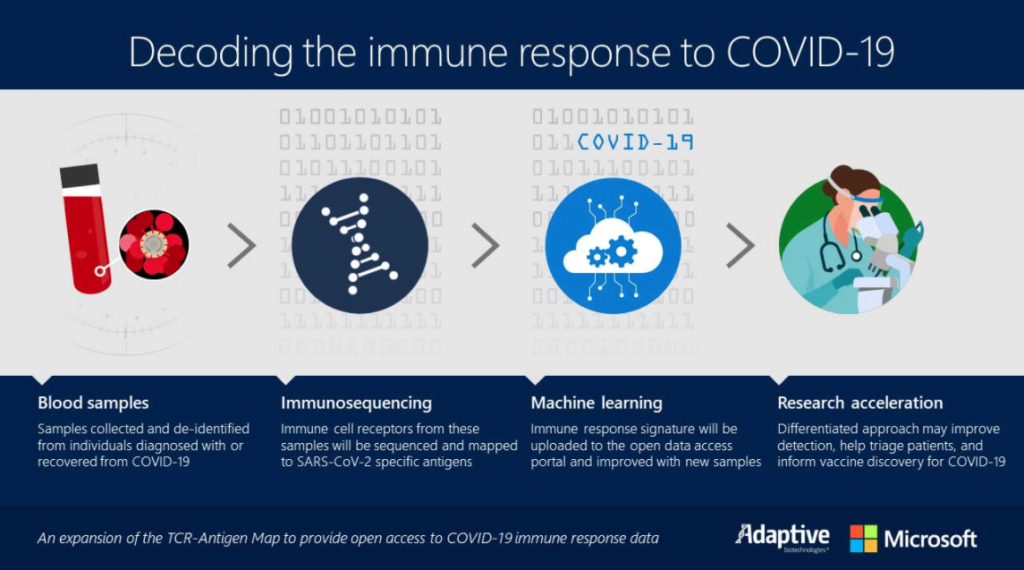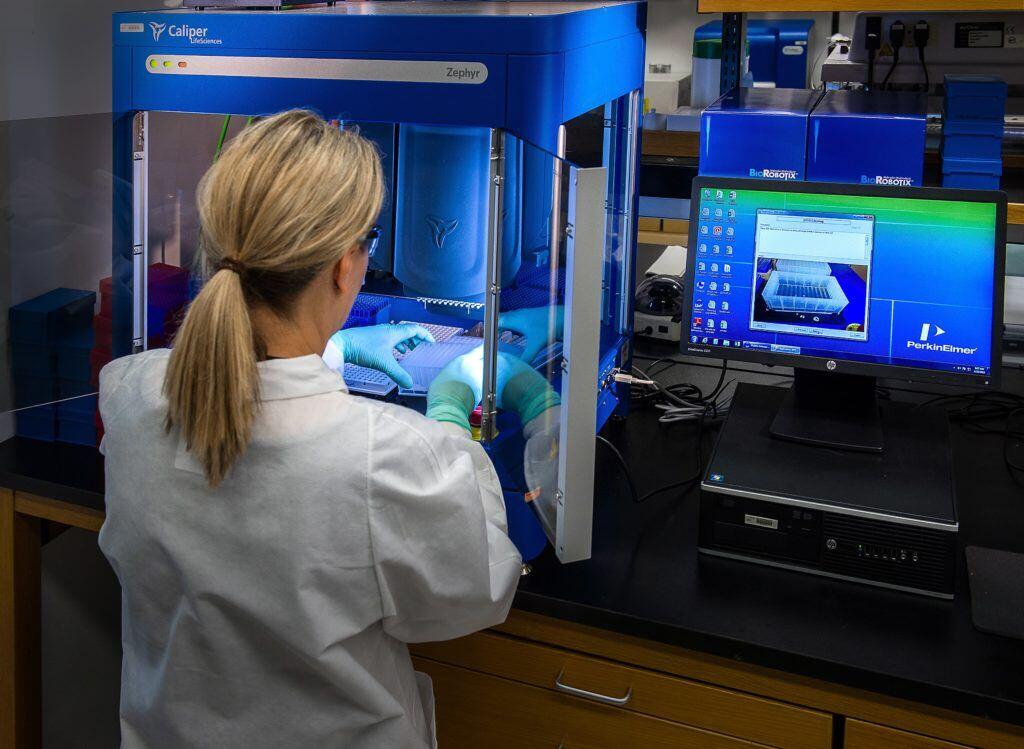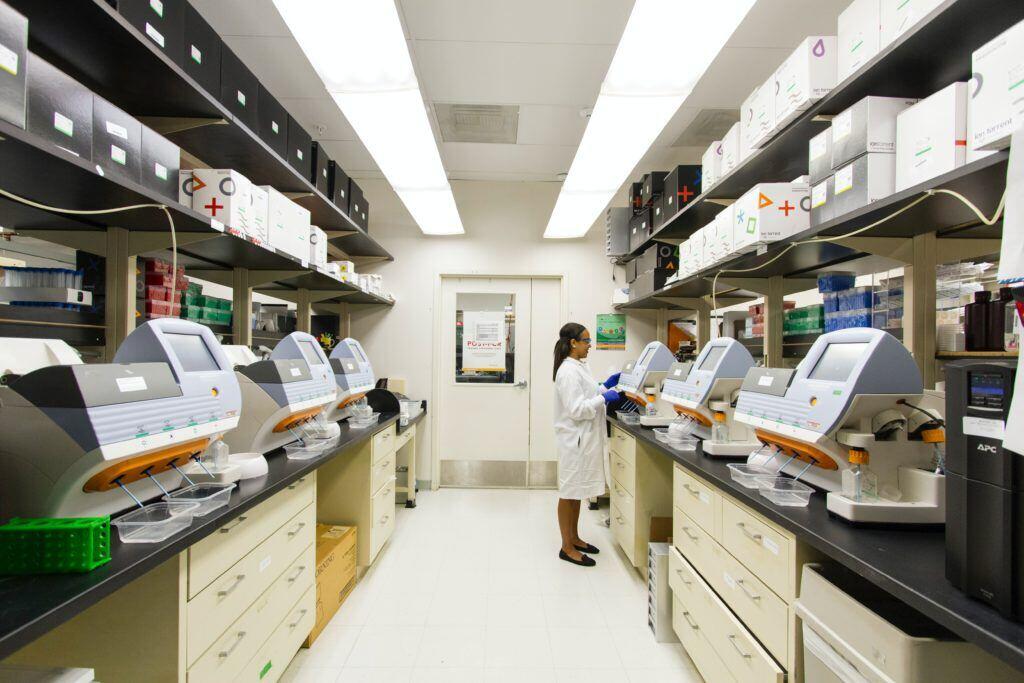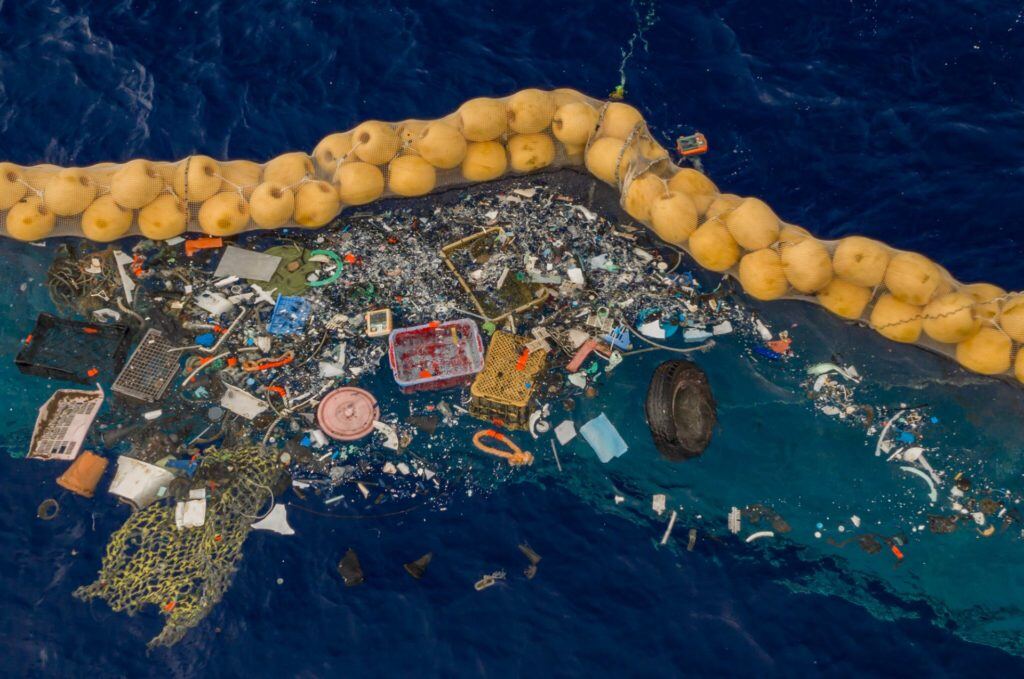Artificial Intelligence Applications That Can Save Lives
Over the past several years, artificial intelligence has become a subject of increasing curiosity. It's grown in the public imagination as well as in technological research and professional use. New AI technologies are being developed so rapidly that we often don't realize the extent to which they can contribute to both productivity and health. There are lots of artificial intelligence applications that can save lives, especially as we now deal with health challenges like never before. Let's take a look at some of these applications that are making a big impact in health and safety today.
Guiding Health Research and Awareness

From tracking and analyzing COVID-19 spread to investigating immune response, AI has been a big part of the efforts around the novel coronavirus pandemic. For example, Adaptive Technologies has partnered with Microsoft to map COVID-19 immune responses through machine learning. This understanding can advance diagnosis, treatment, and prevention of the disease. The data from this mapping will be freely available through an open data access portal, improving awareness among researchers and public health officials. AI is also a critical part of vaccine development, speeding up the process with fast computation and protein analysis.
Improving Healthcare

With overloaded healthcare systems, there are many ways that AI can be applied to reduce this load and improve efficiency. Programmed bots absorb some of the massive administrative tasks and communication needs in healthcare. Machine learning systems help with detection and diagnosis. Robotics can contribute to smarter and safer hospital environments, and drones can deliver medical supplies quickly. And there's a host of other ways machine learning can improve healthcare, like predicting chronic disease and reducing hospital readmissions.
Fighting Disease

COVID-19 isn't the only health challenge AI is taking on. Cancer researchers are making use of it, too. For instance, precision medicine that targets patients’ specific genomic profiles makes use of artificial intelligence. This precision targeting potentially allows for better effectiveness and fewer side effects than chemotherapy. Jackson Laboratory, and independent non-profit research institution, has created a tool called Clinical Knowledgebase (CKB)---a searchable database to continually sort, store, and interpret data from clinical trials and research papers as they're published. It's another case where the sheer mass of data can only be adequately kept up with when AI is employed. And of course, these kinds of applications can extend to limitless other diseases and health issues as well.
Reducing Accidents

Environmental Sustainability

A horrendous amount---almost 9 million tons---of plastic debris makes its way to oceans every year. If this doesn't change, experts say the plastic could outweigh the fish by 2050. That's an ecological crisis that will affect everything from the dying fish in these habitats to the humans who benefit from seafood and ocean equilibrium. The Ocean Cleanup is a leading organization attempting to combat this huge problem. With a grant from Microsoft's AI for Earth initiative, they've been able to develop machine learning models to help track and quantify plastic pollution, then applying other technologies to gather and remove the plastics from the water.
Working Against Human Trafficking
Pushing the boundaries of expectations even further, AI is now being used to help save millions of women and children from human trafficking situations. In order to investigate trafficking, there's a lot of data to gather and process. AI systems can go through this data and identify patterns at a rate much faster than human investigators can. Image recognition software can also be used to identify criminals and victims. Code 8.7 is a collaborative effort between several institutions which sets out to use technology to stop human trafficking and modern slavery.
Other Artificial Intelligence Applications That Can Save Lives?
How else could AI potentially save lives? There are already so many avenues where it's being applied, and these will undoubtedly continue to expand. If you're curious about possibilities and resources, there's a lot to explore. You might consider productive applications of Custom Vision, take a look at Azure Cognitive Services for developing apps, or explore Microsoft's list of AI & Machine Learning tools like Anomaly Detection. Have another great idea? We love innovation and we definitely want to help contribute toward saving lives. Contact us to brainstorm.
Stay connected. Join the Infused Innovations email list!
Share this
You May Also Like
These Related Posts

10 Big Announcements from Microsoft Ignite 2023

Using Machine Learning to Beat a Video Game

No Comments Yet
Let us know what you think